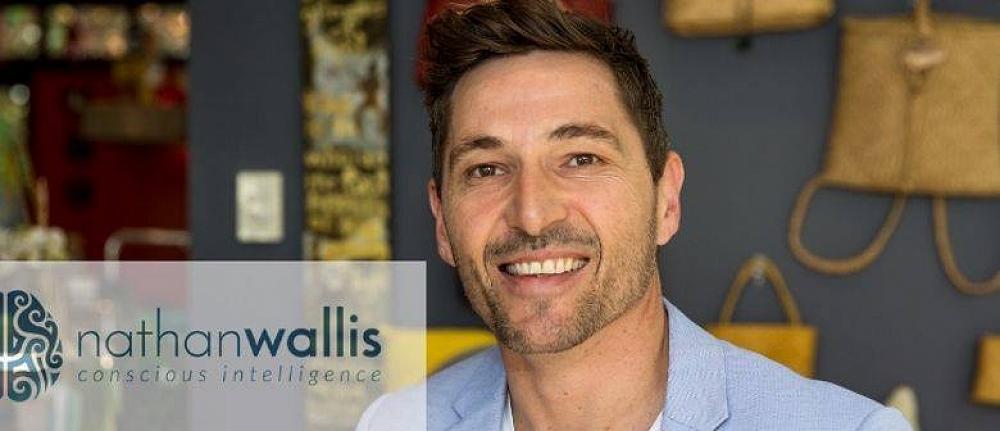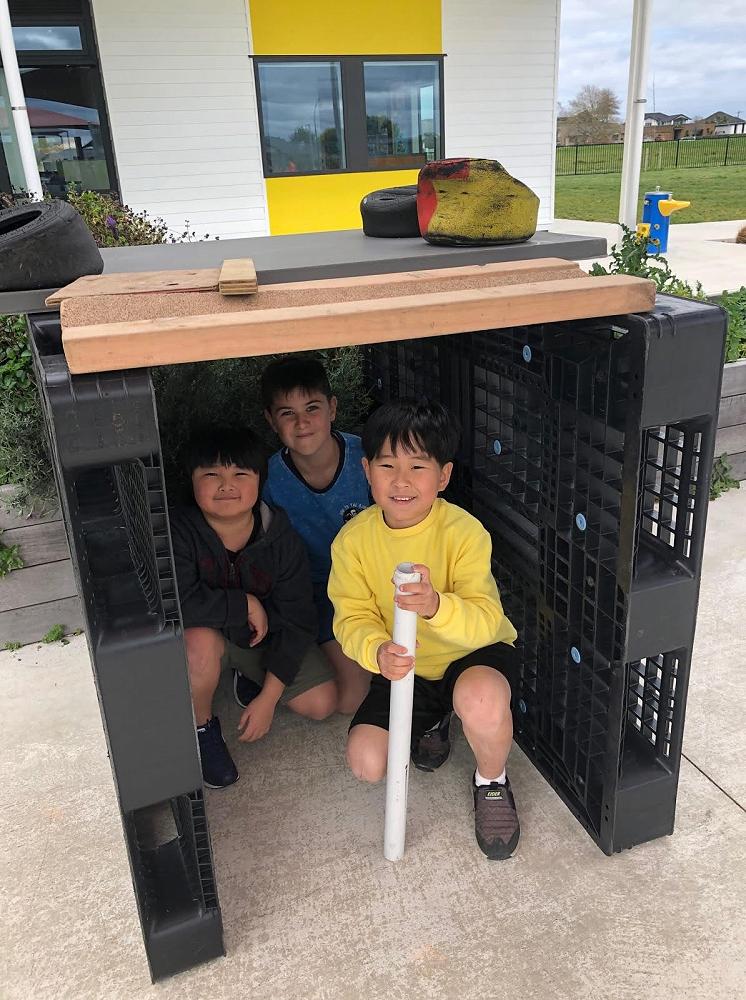
Nathan Wallis
Leading NZ Neuroscience Educator & his thoughts on Playbased Learning
Recently we hosted leading Nathan Wallis (NZ Neuroscience Education Expert) with over 300 attending, including many of our staff and parents. Our team really enjoyed hearing his key messages, which I personally felt really affirmed and underpinned our school vision & values, approach to teaching and learning and curriculum.
While our approach to teaching and learning may be a little different to what society/cultural norms are used to, it was a nice refresher & clear connections between our approach and what research and neuroscience shows. We are looking at hosting Nathan again in 2021 for a whole staff professional learning day, and another parent evening session.

A few key quotes below:
Child-led free play is fundamental to the optimal development of the brain.
Play isn’t a precursor to ‘real’ learning. Rather, it is a method of evolving that facilitates higher intelligence.
To understand why play is vital, it is important to first get a handle on the neurosequential development of the brain – how it is built from the bottom up, with the development of different ‘brains’ taking centre stage at different times.
One of Nathan's key messages for parents is that it is important that the needs of the emotional brain (Brain 3) are met if a child is to develop key dispositions like creativity, perseverance and resilience, and so access the higher executive functions of their frontal cortex (Brain 4).
And how are these needs met? Through responsive, loving and empathic relationships, and through opportunities for free play.
He challenges our thinking around ‘real’ learning, noting our cultural preoccupation with the “early attainment of cognitive skills” in young children – naming all the colours, identifying letters, counting to 20…. It’s not that literacy and numeracy aren’t important, he emphasises. They’re wonderful – when they are embedded in child-led free play for children under the age of seven. The problem is that focusing primarily on numeracy and literacy when a child is under seven can mean that the developing brain isn’t getting what it really needs.
Focusing on a narrow set of learning objectives, we may be blinkered to the stuff that really matters in the long run: how our kids relate to others, their creativity and their perception of themselves as learners – all of which develop naturally through self-initiated, self-directed free play.
Too much structure and too much focus on academic areas results in higher chances of anxiety, mental illness and incarceration, according to the research.
We can very accurately predict future outcomes for young children – and it has nothing to do with the alphabet. It all comes down to their disposition about themselves as a learner: what really matters for a child under seven is how clever he thinks he is – how he or she feels about learning.

